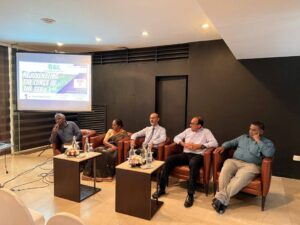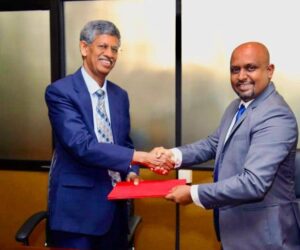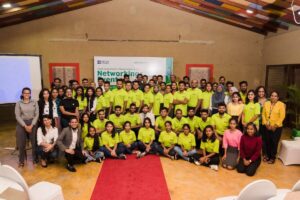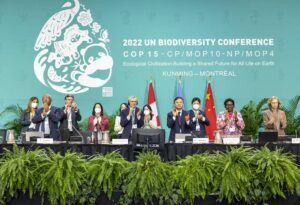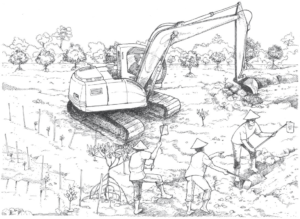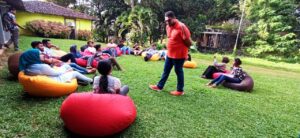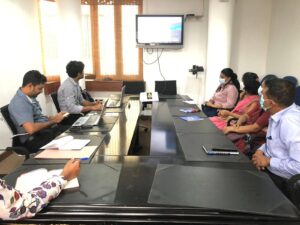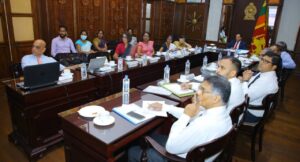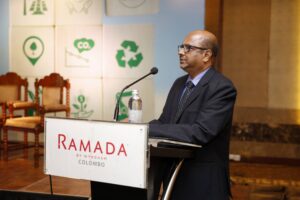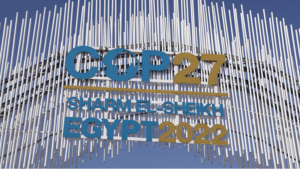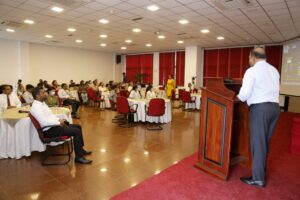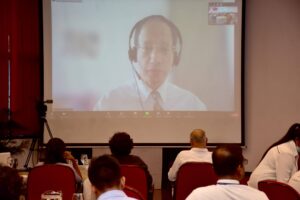BSL urges all companies engaged in biodiversity-related projects to get them ranked, thus improving designing, implementation, and monitoring.
As in other Asian economies, in Sri Lanka, the private sector is the engine of growth. Sustaining high economic growth rates and improving the lives of the poor or marginalized communities whilst not compromising on environmental conservation and management is one of the biggest challenges facing growing economies. Many of the services that biodiversity and ecosystems provide are currently severely threatened. Safeguarding Sri Lanka’s biological diversity is integral to sustainable development, competitiveness, economic growth, and employment.
Some of the larger multinational and national companies operating in the country have included environmental and social dimensions into their growth agenda. A scoping study undertaken by Biodiversity Sri Lanka (BSL) in 2018 revealed that the private sector is increasingly taking an active role in environmental sustainability and biodiversity conservation issues both within and outside of its core business. Most initiatives in this direction are either carried out internally by companies themselves with the assistance of specialized non-governmental organizations, or by direct links with state institutions. Significant advancements have been made and some best practices and outstanding projects have been recognized by recent award schemes. These worthy examples have displayed sustained commitment, serving as inspirations to others. However, it is recognized that a large number of projects still do not realize their intended goals and objectives, leaning towards non-optimum use of much needed resources.
Much of these projects are designed on the assumption that they will lead to conservation of key biological resources. Hence, monitoring, evaluation, and assessment are primary tools to determine whether they are meeting intended targets and objectives. Such assessments may also serve as useful reference materials for government agencies, non-governmental organizations, and others involved in the design, implementation, or evaluation of biodiversity/ environmental projects. Thus, more attention must be paid to drive the private sector to incorporate well-defined scientific approaches in projects, devise action plan-based operations including community involvement, and achieving core objectives by defining suitable methodologies that recognizes the importance of these projects in addressing national biodiversity conservation priorities
In this context, Biodiversity Sri Lanka’s (BSL) Biodiversity Project Ranking Scheme (BPRS) was developed to aid private sector companies in improving the design and implementation of biodiversity conservation-related projects. This scheme endeavors to ensure that private sector-led biodiversity conservation projects, support national conservation efforts and maximizes the positive impacts of such projects on conserving and managing the country’s national biological heritage. A Project Ranking Support Manual aims at helping project planners, managers, implementers, and monitors to further understand the BPRS criteria, and to assist in ensuring that the design and implementation of a project is in line with the requirements of the scheme. Through pilot testing, this scheme has been refined to enable users to utilize it not only as a means of ranking projects nearing completion or are in its final stages but also in project design.
Following the audit of a project by our Auditor Bank of eminent scientists, respective companies will be awarded a Star Rank and exclusive use of the Project Ranking Logo.
Do not miss this valuable opportunity – Contact us!

